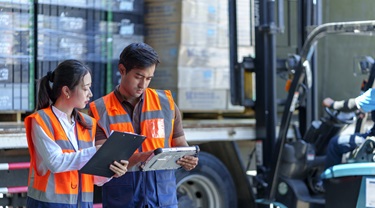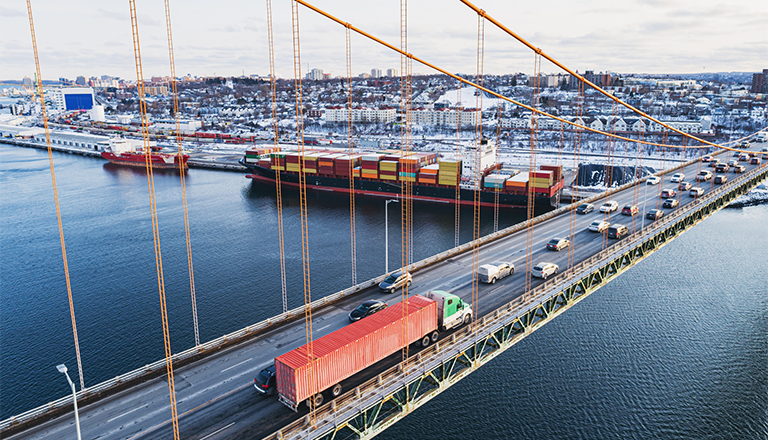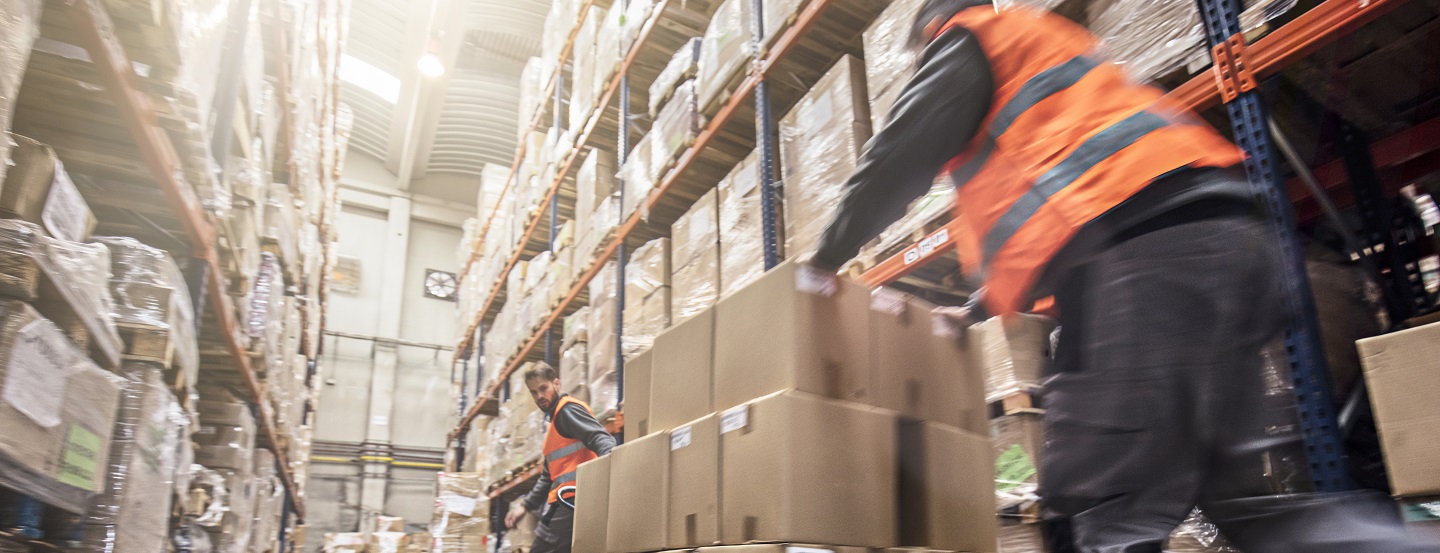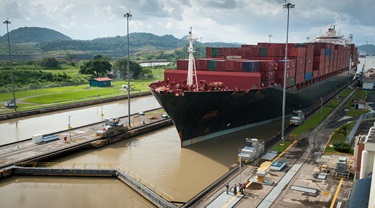
Incoterms 2020: Understanding the Ex Works rule
Author details
Emiliano Introcaso, CITP
Advisor & senior product operations manager
This is the first article in a four-part series on Incoterms 2020, the universal trade terms used in sales contracts worldwide to prevent misunderstandings between buyers and sellers. Today, we take a closer look at the first of 11 Incoterms: the Ex Works rule.
International trade tends to be more complex than domestic trade, so when you’re drafting an export contract, clarity is essential. A well-written contract helps you reduce the risks of doing business abroad and avoid disputes and costly litigation.
To improve clarity and reduce logistical and other risks, the international trade community has been using a set of universal rules called Incoterms to facilitate global trade. These guidelines are published by the International Chamber of Commerce (ICC) and set out the specific responsibilities of buyers and sellers for the costs, delivery and risks of shipping goods.
Incoterms apply primarily to:
- Costs: Who is responsible for the expenses associated with a shipment at any given time during transit? These include packing and international transport costs and customs duties.
- Liability: Who is responsible for the shipment?
Incoterms are widely used by exporters and importers in their trade contracts because they’re accepted globally. So, it’s a good idea to familiarize yourself with them to protect yourself from a wide range of international trade risks.
You should also check out
Expand your understanding of the 11 universal trade terms used in global sales contracts and how they impact your business operations.
The backstory
While Incoterms have been around for decades, in September 2019, the ICC published Incoterms 2020. This latest edition came into effect on Jan. 1, 2020.
For each of the 11 Incoterms, the buyer and seller have specific obligations. As an exporter, you need to understand these in detail. While the ICC offers a brief overview on its website, we’ll take a closer look at several terms in detail, starting today in the first article in a four-part series.
Signed, sealed, delivered—the Ex Works rule
The first Incoterm I want to highlight is EXW or Ex Works. This term describes when the exporter (seller) will make their goods available to the buyer at an agreed-upon location. In other words, this is when delivery happens.
This obligation is very important for EXW transactions. For example, the seller specifies that their goods will be available for pickup at their warehouse on a specific day and time. Under Ex Works, the seller must also notify the buyer of this information, so the buyer knows when they can take delivery of the goods. This is highlighted under the “A2/B2” Delivery/Taking Delivery obligations outlined in the official ICC Incoterm rules.
The seller is responsible for any costs associated with packaging the goods and must mark the goods in a manner appropriate for transport. Once the goods have been delivered, the buyer must provide the seller with appropriate evidence that they’ve been received. It’s important to note that at this point, the buyer is responsible for all risks of loss or damage to the goods.
While the seller must make all relevant export documents available to the buyer such as export permits, it’s up to the buyer to pay any costs associated with this paperwork, including the common pre-shipment inspection. It’s also up to the buyer to arrange for the goods to be loaded and transported from the location specified by the seller and pay any associated costs. Usually, buyers will use a freight forwarder to arrange for pickup and delivery. EDC InList from Export Development Canada (EDC) is an online tool that helps match Canadian companies with vetted freight forwarders and logistics providers.
You should also check out
Expand your understanding of complex payment terms, navigating risks and managing your cash flow effectively.
It’s all in the details
A Canadian exporter of wheat states on their contract: “EXW Carman, Manitoba Incoterms 2020.” The American importer is given notice by the Canadian exporter that the goods under their contract of sale will be available for pickup at the exporter’s warehouse in Manitoba, in loading bay No. 1, between 4 and 5 p.m. on Jan. 15, 2024.
On the date of the scheduled pickup, the seller places the goods in front of loading bay No. 1 of their warehouse at 4 p.m. But when the buyer arrives on Jan. 16, 2024 at 1:45 p.m., they can’t get access to the specified loading bay because the fire department is onsite trying to put out a truck fire. The truck was delivering flammable gas tanks used by the forklifts in the exporter’s warehouse. The goods the buyer was there to pick up have been completely destroyed because they’ve been sitting in the loading bay since the previous day.
Should the buyer be concerned about the loss? Yes, this is the American buyer’s loss. The exporter delivers when the goods are placed at the disposal of the buyer at the seller’s premises. For more specific details, review the official Incoterms rule book for EXW for the obligations under A2 Delivery and the buyer’s obligations under B2.
For more information about Incoterms, visit EDC’s Export Help Hub.
Part 3 of 4 in series
Incoterms 2020: Understanding the Group C rulesPart 4 of 4 in series
Incoterms 2020: Understanding the Group D and FOB rules


















